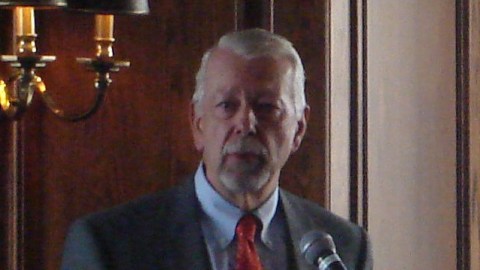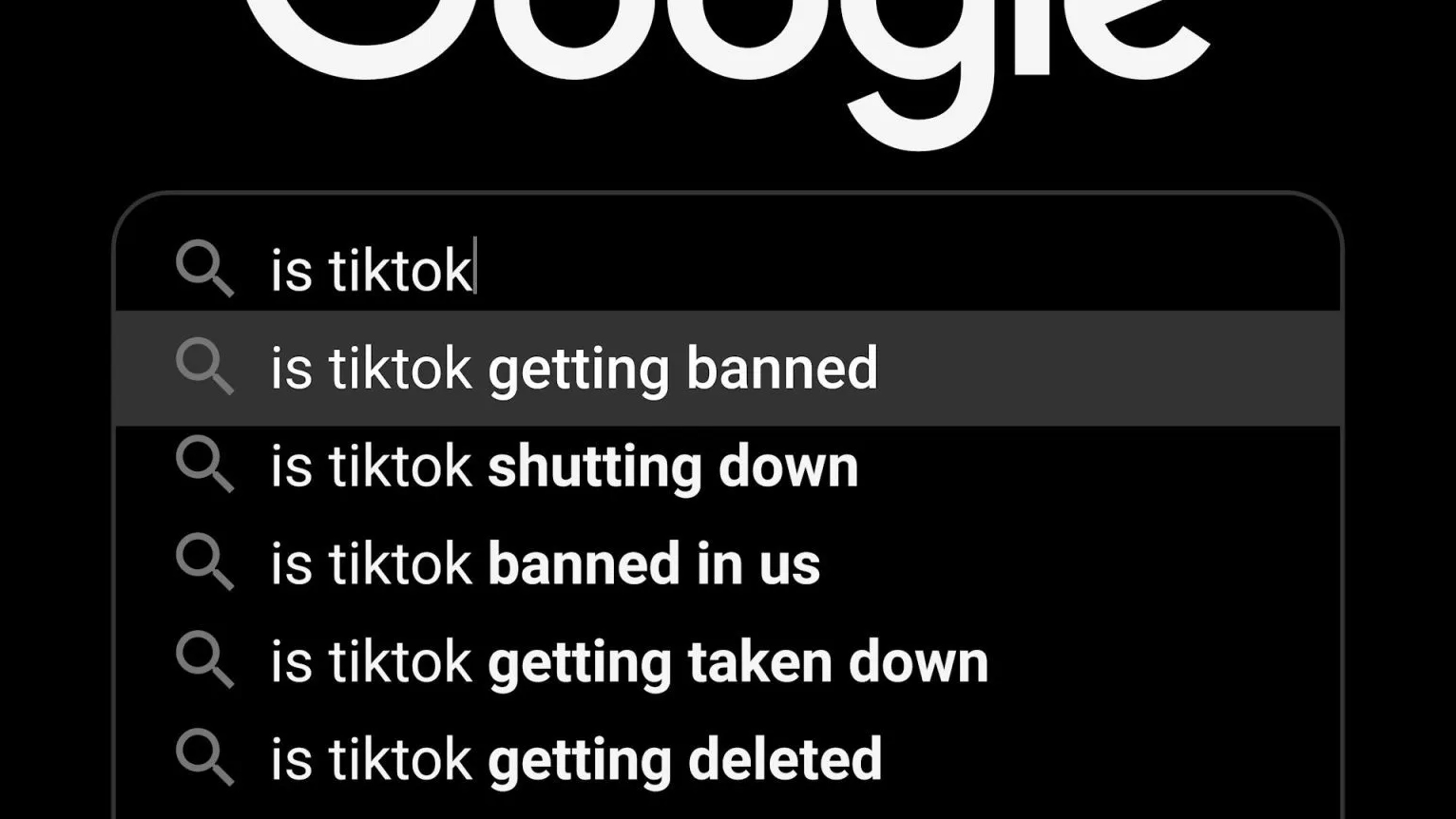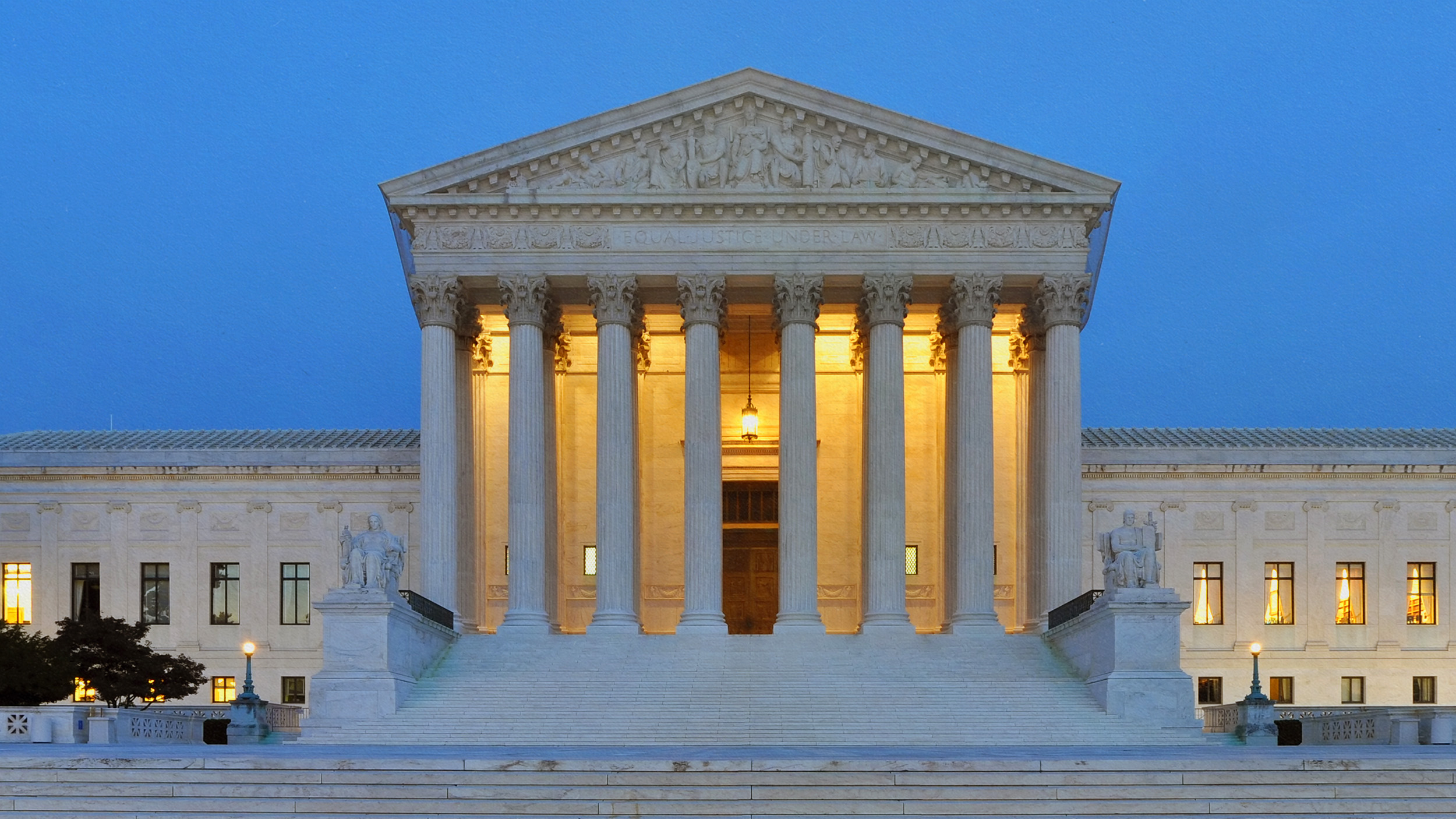Setting the Stage for the Same-Sex Marriage Fight

The real target of yesterday’s decision to overturn California’s gay marriage ban was the Supreme Court. Judge Vaughn Walker knew that his ruling would not be the final word. His decision only lays the groundwork for the lengthy appeal process which may likely end up in the Supreme Court several years from now.
Judge Walker has been accused of “extreme judicial activism” for overturning an amendment to the California Constitution that passed with a majority—albeit a relatively small majority of 52%—of the popular vote. Former Speaker of the House and likely Republican candidate for President in 2012 Newt Gingrich said the decision showed “outrageous disrespect for our Constitution.” Rep. Tom McClintock (R-CA) likewise told the Washington Times’ Kerry Picket that “if a decision like this is allowed to stand, it means that the Constitution is a meaningless document subject to the whims of the judiciary.” Tim Wildmon, the president of the American Family Association, said in a statement that the ruling was “a tyrannical, abusive and utterly unconstitutional display of judicial arrogance” and that Walker—who is one of the few openly gay judges in the federal judiciary—should have recused himself because of his sexual orientation. “His situation” Wildmon wrote, “is no different than a judge who owns a porn studio being asked to rule on an anti-pornography statute.”
But Judge Walker is not exactly what you would generally call a liberal activist judge. He was originally nominated for the bench by President Reagan and finally appointed—after his nomination was held up by Rep. Nancy Pelosi (D-CA) over his supposed insensitivity to gay rights—by the first President Bush. And Walker has a reputation for being a generally conservative, libertarian judge.
The fact that Walker is gay himself may well make him sympathetic to the cause of same-sex marriage—as also are many straight people—but it doesn’t mean that he cannot rule fairly on the legal question. Being gay is nothing like having a financial stake in a porn studio. Asking Walker to recuse himself on the grounds that he is gay is like saying white judges aren’t qualified to hear reverse discrimination cases. By that same logic, a married judge would have had to recuse himself from the case too.
While judges generally show a great deal of deference to the will of the majority, the whole point of the Constitution is to put limits on what we can do by popular vote. Just as we can’t use a referendum to pass laws taking away people’s freedom of speech or their right to bear arms, we can’t pass a law denying anyone “the equal protection of our laws.”
Judge Walker knows that the Supreme Court has not definitively ruled whether the equal protection clause of the Fourteenth Amendment specifically protects people from discrimination on the basis of sexual orientation. He also knows that his ruling is just the beginning of a legal conversation that will likely continue up to the Supreme Court. He therefore took pains to make his sure his decision was carefully argued and meticulously justified. Aas Dahlia Lithwick notes, he seems to have made a particular effort to direct his argument at Supreme Court Justice Anthony Kennedy—whose vote may ultimately decide the case—by extensively citing Kennedy’s rulings in two key gay rights cases that came before the high court.
Although higher courts are free to rule on the legal questions from scratch, they typically defer to lower court judges’ “findings of fact,” so Walker went to great lengths to document his factual conclusions. Among other things, Walker found in his decision that marriage is historically a civil institution, the nature of which has changed throughout the years; that people do not choose and cannot alter their sexual orientation; that gay couples are just as able to form marital unions as straight couples; that domestic unions do not confer the same social status as marriages do; and that allowing same-sex couples to marry is unlikely to have any effect on the stability or quality of the marriages of opposite-sex couples.
As the case moves up through the courts, same-sex marriage will again become a hot political issue. As Greg Sargent says, the pressure is now on President Obama, who has called California’s same-sex marriage ban “discriminatory” and said he wants “full equality” for gay and lesbian couples, but has also said that he believes that “marriage is between a man and woman.” While Obama supposedly opposes the Defense of Marriage Act, he still hasn’t sought to have it repealed. In general, he has avoided taking a stand on culturally divisive issues like gay marriage, but his lesbian, gay, bisexual, and transgender supporters have begun to demand he take sides.
If the issue makes Obama uncomfortable, it isn’t that much better for conservatives. It’s telling that Sarah Palin, who is usually a barometer of the conservative movement, has yet to weigh in on the issue. Most Americans still oppose gay marriage, but the margin is small and shrinking. And campaigning against gay marriage undercuts the Tea Party’s libertarian message that government should leave us alone and let us live how we please.





